As you may tell from the blooming flowers on the streets and parks of Shenyang, spring is finally here! And it also means that it is time for us to talk about the next solar term.
According to the 24 Chinese solar terms, the last one of the spring solar terms is called 谷雨 (or Gǔyǔ in pinyin), which literally translates to Grain Rain season. Every year between April 19th and 21st, when the Sun reaches exactly the celestial longitude of 30°, the Guyu term begins. In 2022, this term comes on April 20th.
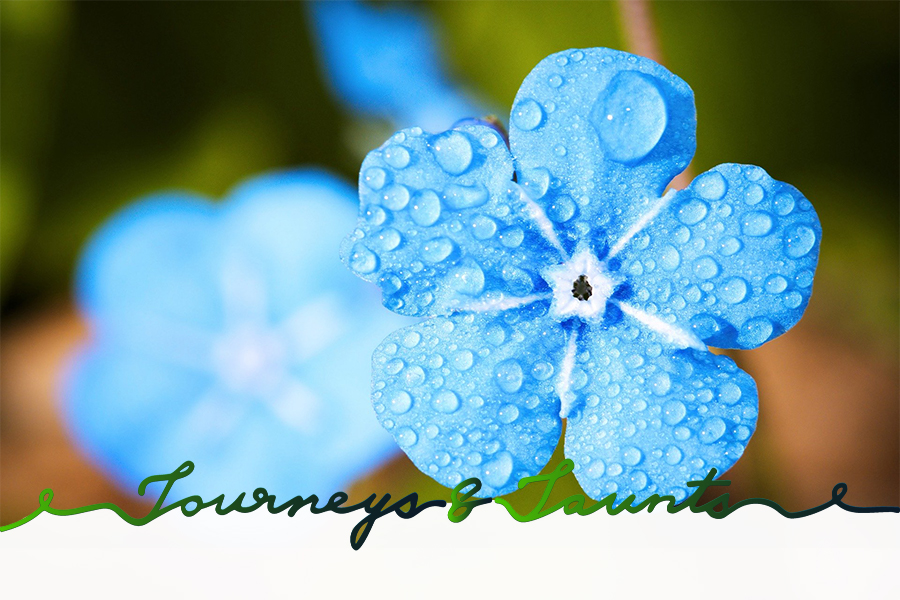
Gǔyǔ can be loosely translated to “rains/spring showers bring about the growth of hundreds of grains”. Normally, a few days before and after Grain Rain, the temperature and air humidity dramatically increase, which brings a lot of rainfalls. According to Chinese culture, the best season for plant-growing starts with this solar term. There are many proverbs and sayings about Grain Rain, one of them says “Days around the Tomb-sweeping Day must be fine and clear, but rain should fall around the Grain Rain season.”
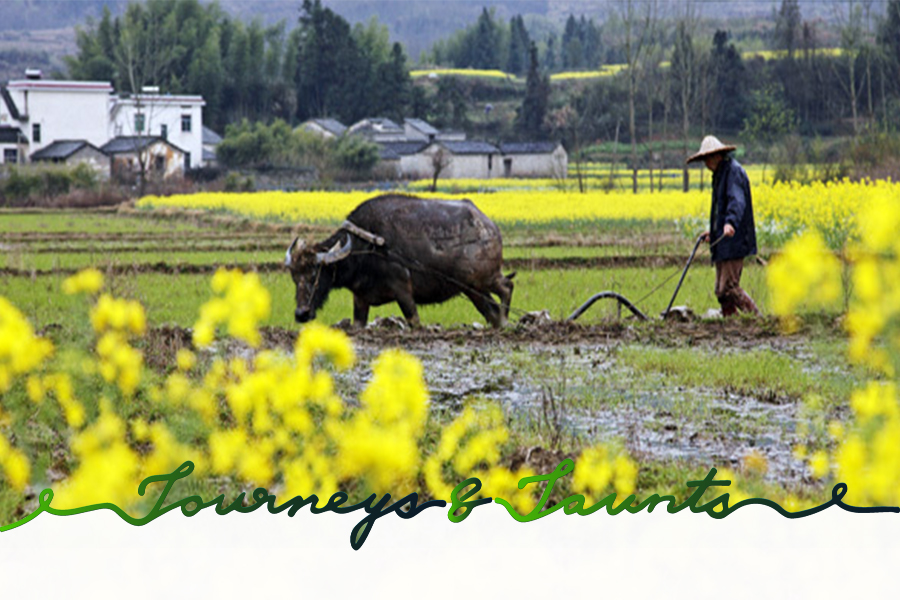
Spring rain is as precious as oil. The people in the countryside say: “If you didn’t raise/cultivate flowers during the period of Grain Rain, it seems that a crab is creeping in your heart”, meaning that if you lose this time, you will regret it tremendously as there is no better season in a year better than now.

As all the other solar terms, Grain Rain is divided into 3 pentads:
The first pentad is called 萍始生 (Píng shǐ shēng in pinyin), which can be translated as “duckweed begins to sprout“. Duckweed is an aquatic freshwater plant that starts to flourish in Northern China after the temperature rise again after the long winter.
The second pentad is called 鸣鸠拂其羽 (Míng jiū fú qí yǔ in pinyin), or “the cuckoos spread their wings”. In ancient China, the farmers believed that the cuckoos spreading their wings to display themselves for potential mates was actually a reminder to themselves to start the sowing season.
The third and last pentad’s Chinese name is 戴胜降于桑 (Dài shèng jiàng yú sāng in pinyin), meaning “the hoopoes can be seen on the mulberry trees“.

There are several traditional customs for this day. For example, in the northern part of China, it is a tradition for people to eat the shoots of Chinese mahogany (香椿 in Chinese, xiāngchūn in pinyin), such as scrambled eggs with Chinese mahogany. The shoots of Chinese mahogany look like bean sprouts and are supposed to be good for the human endocrine system. During Grain Rain, some snack shops prepare a sort of shortbread with mahogany shoots (called 谷雨椿芽酥 in Chinese, gǔyǔ chūnyá sū in pinyin) as a special treat, so take this chance to try something new 😉


In the south of China people like to drink tea made from spring tea leaves during this time. The tea which is picked during the period of Grain Rain is named Grain Rain tea (谷雨茶, gǔyǔ chá in pinyin), or mid-spring tea (二春茶, èr chūn chá in pinyin). In some oral Chinese folk legends, it is said that a dead man could come back to life after drinking the Grain Rain tea. Whether it is the truth or just a fictitious story – you decide, but this tea is famous for its freshness all over China.
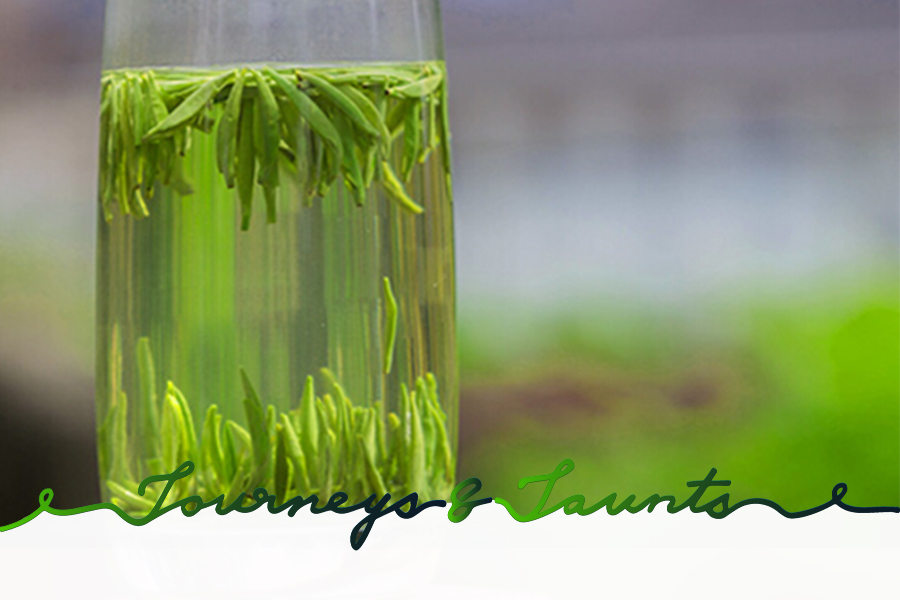
In Shandong Province, April 20th is the Fishermen’s Festival (渔民节, yúmín jié in pinyin). On that day, in ancient times, Chinese fishermen who lived along the coast of Northern China, used to hold the ceremony of offering sacrifices to the seas. Also, they prayed to the gods (especially the gods of the seas) to bless their sailing and their yearly catch. Nowadays, these traditions and festivals have changed to some sort of carnival with the special theme of fishermen culture.

Due to nature and climate conditions changing, with increasing rain and high humidity, we have to be careful about our health during this period. Chinese people say that symptoms of neuralgia appear the most during Guyu. In Northern China, a lot of flowers come into bloom, while in Southern China, there will be more poplar and willow catkins in the air. As the weather is warming up more and more, people will spend a lot of time outdoors and those with allergies should be more careful and take precautions before going outside. People should also cut down on the ingestion of high-protein and high-calorie food in their diet.
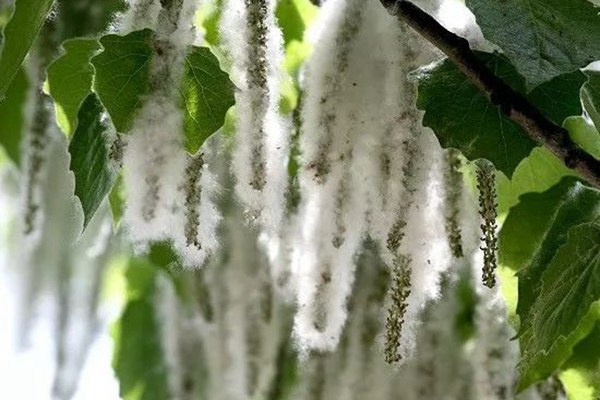
So let’s wish the Chinese farmers good luck in the new planting season, grab umbrellas in case of rainfall and go outside to enjoy this beautiful spring season! At the same time, don’t forget about social distancing, wear a mask when you are out, wash hands properly after entering the room and take care of your health during this special time!
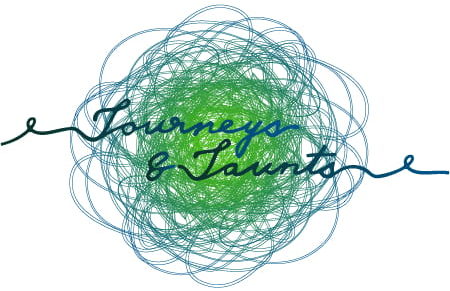



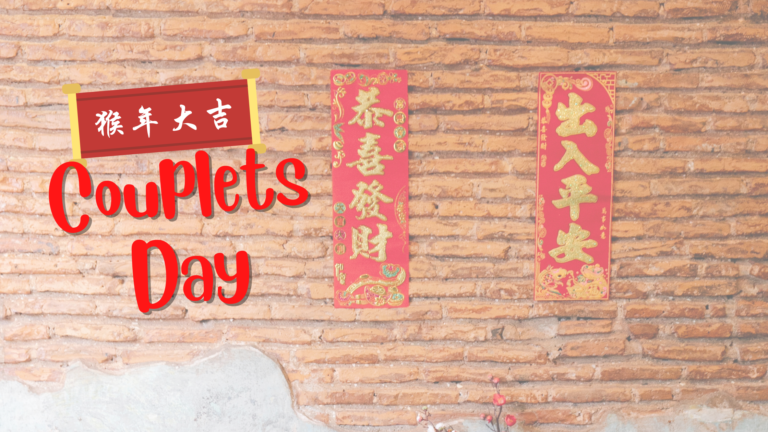
Pingback: 24 Solar terms - Introduction | Journeys & Jaunts